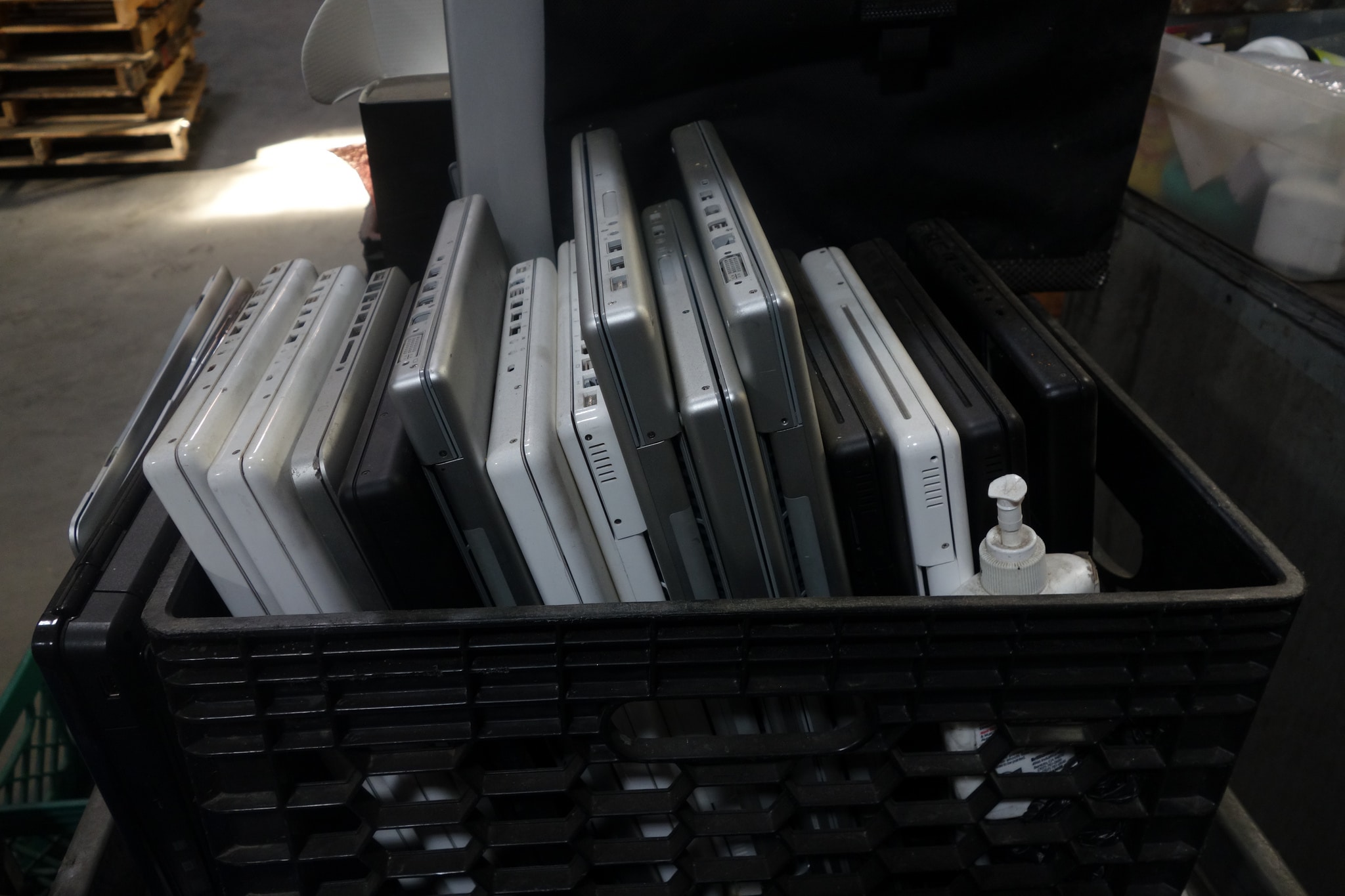Extended Producer Responsibility is being promoted as a key market based instrument to help implement EU waste legislation, including full application of the waste hierarchy. However, the role of EPR in promoting reuse (a form of waste prevention) and preparation for reuse has been seldom analysed and must be addressed. Reuse and preparation for reuse activities directly increase the useful lifespan of a product, saving on embodied materials, chemicals and energy required to produce a new product leading to greater resource efficiency and job creation. It is becoming increasingly evident that once EPR schemes have been put in place for waste streams such as WEEE, access to the waste stream for reuse centres in order to separate potentially reusable items is increasingly restricted, leading to more direct recycling, landfilling or incineration of perfectly reusable products.
With Member States such as France introducing EPR schemes for furniture and textiles, both of which contain products of high reuse potential, RREUSE welcomes the current work being carried out by the Commission in the development of guidelines/golden rules for the management and implementation of Extended Producer Responsibility Schemes in Europe.


